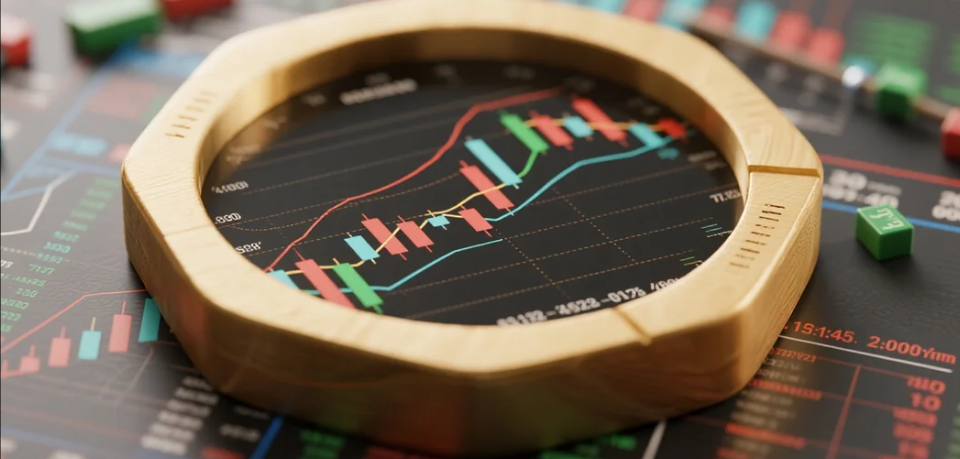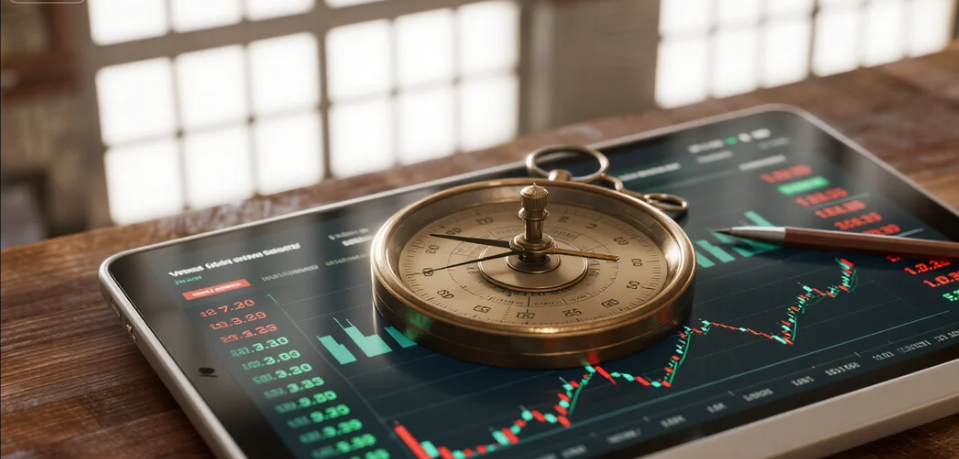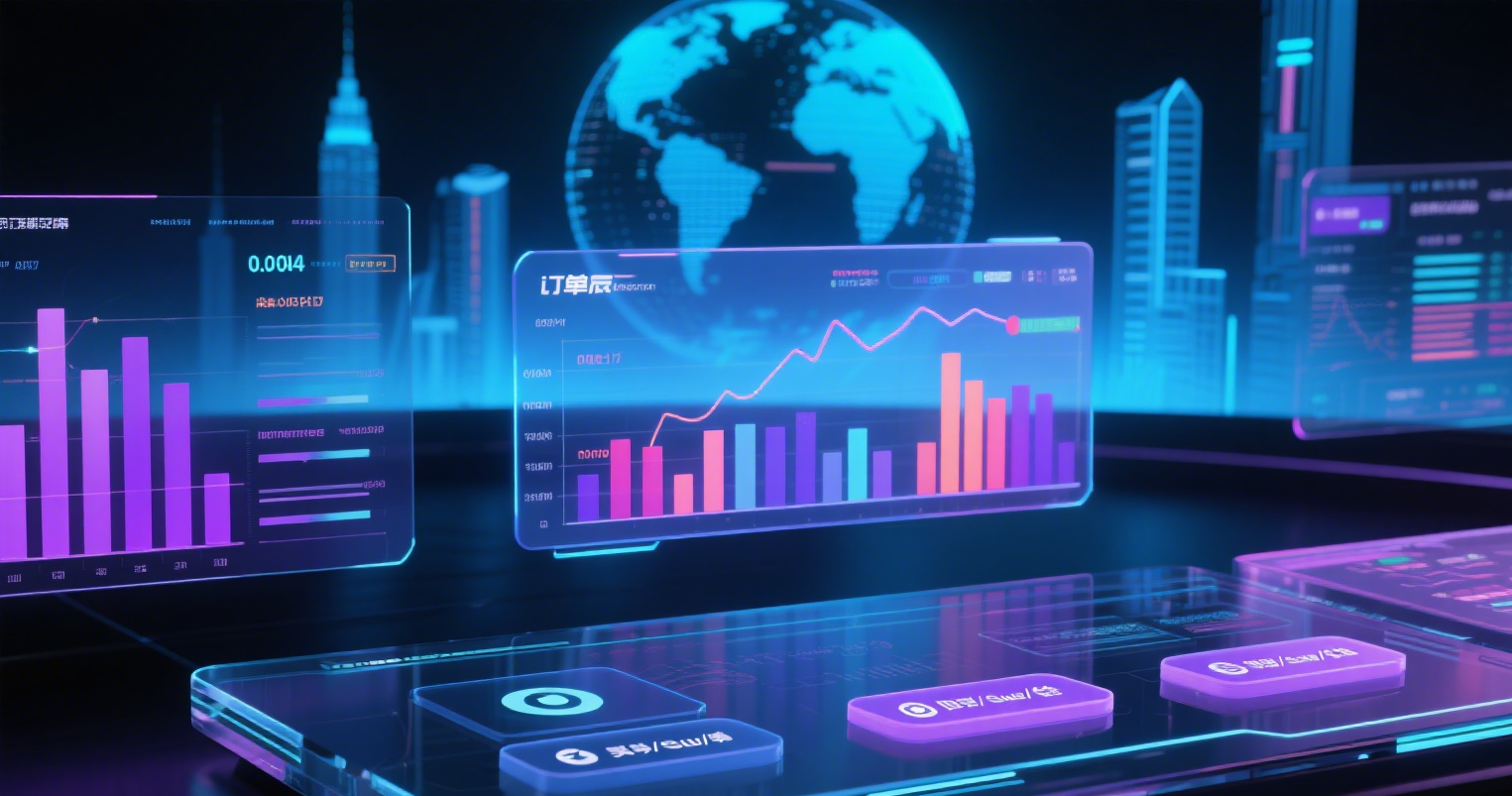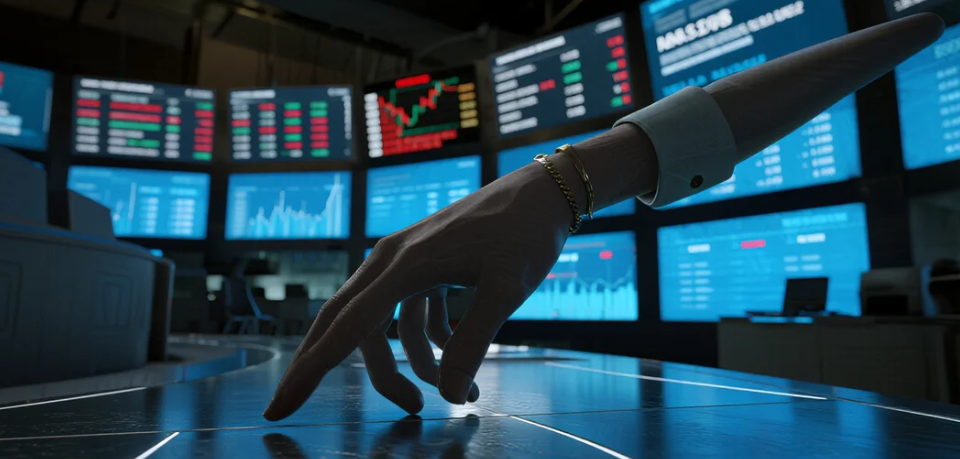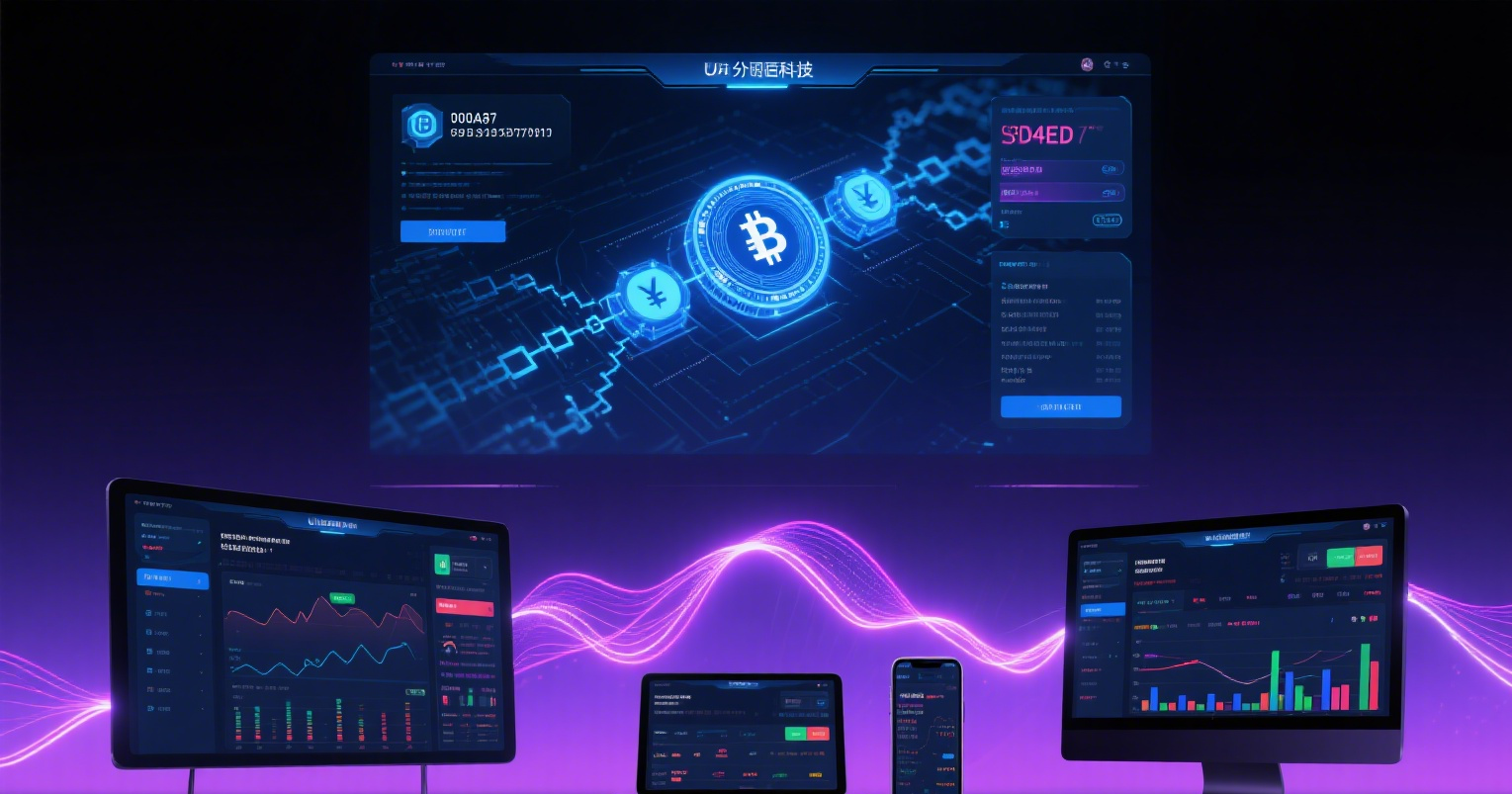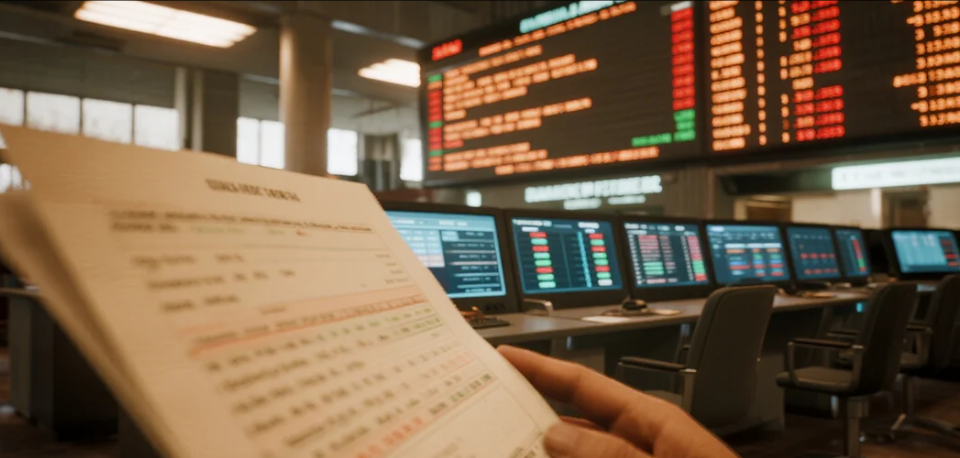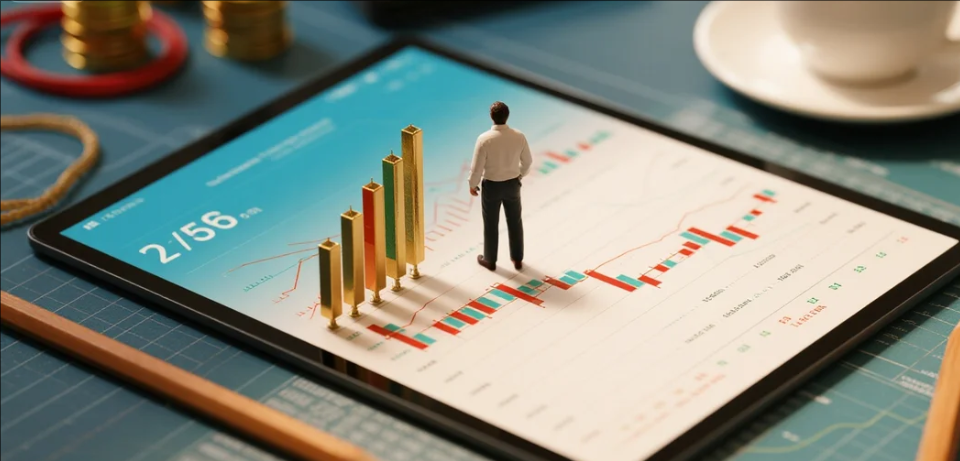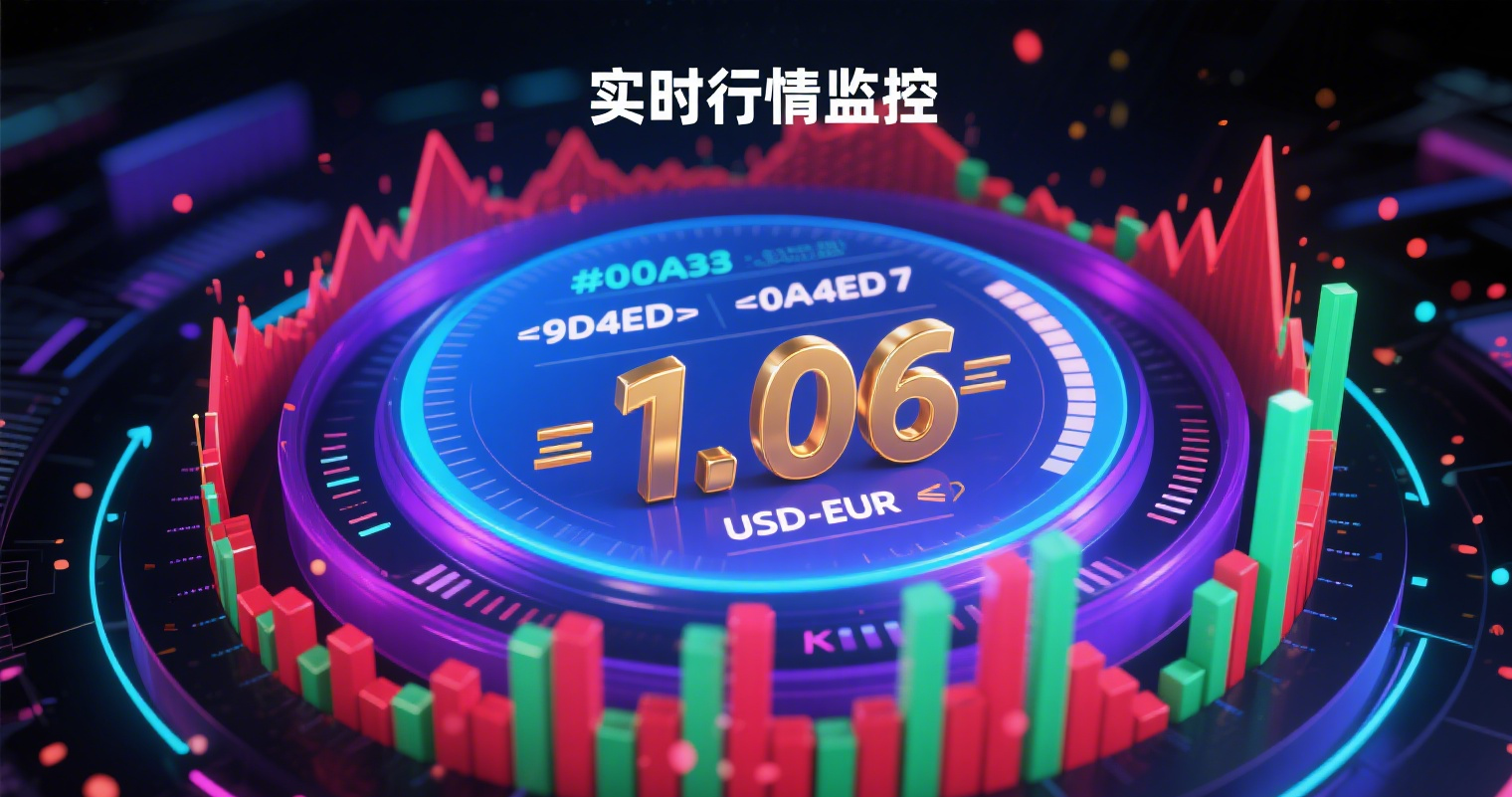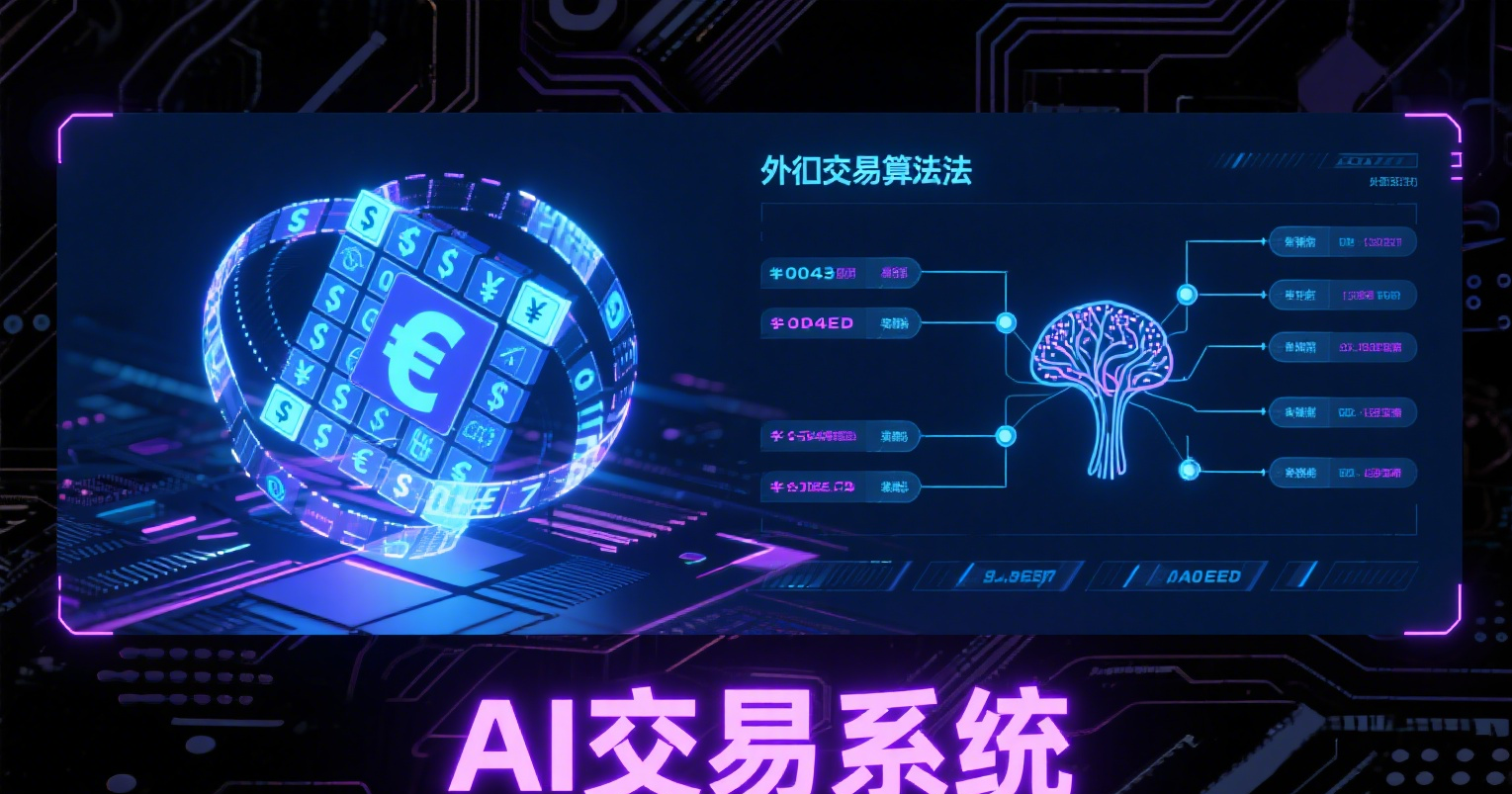
The term "metaverse" swept across the world like wildfire in the second half of 2021, drawing in governments, corporations, KOLs, and ordinary people alike. First, Facebook, with over 3 billion active users globally, rebranded as Meta and announced a full-scale push into the metaverse. Then Microsoft, the world's most valuable company with a market cap of $2.5 trillion, also declared its intention to enter the metaverse. Domestically, giants like Tencent and ByteDance have also made strategic moves into the metaverse.
Almost overnight, the metaverse successfully claimed the "center stage" of social media and became a benchmark for measuring a company's future prospects: the further a company advances in the metaverse, the stronger its technology, the brighter its future, and the greater its growth potential.
Literally, "metaverse" (元宇宙) can be broken down as follows: "元" (yuan) signifies the origin of energy, and "宇宙" (yuzhou) means universe. Thus, the metaverse is about creating a new world, much like God's creation in the Bible. However, a rigorous definition of the metaverse would describe it as a concrete manifestation of concepts enabled by new technologies like blockchain, cloud computing, extended reality (XR), and artificial intelligence. It can also be seen as using these technologies to recreate a new world and social structure where the virtual and physical merge. In this world, you can use your imagination to do anything.
From this perspective, all companies, institutions, and individuals will eventually engage with the metaverse—this is an inevitable outcome of modern technological development and even a necessary stage in the evolution of human societal structures.
With all that said, what is the relationship between the metaverse and the crypto market?
Among the many elements that constitute the metaverse, a fair economic system is considered the core driver of its operation. Blockchain technology lays the foundation for the metaverse's economic system, with native digital assets serving as the medium for valuing, storing, and transferring value within the metaverse.
Why Blockchain Is the Infrastructure of the Metaverse
From the early days of the metaverse's popularity, there has been a saying: "Internet technology is the 'infrastructure' of the Internet era, while blockchain is the 'infrastructure' of the metaverse era."
Is this accurate? We can analyze it from two angles: the essence of the metaverse and the characteristics of blockchain technology. The essence of the metaverse is to use new technologies like blockchain, cloud computing, and AI to create a new world where the virtual and physical merge. This world is a complete human society and will give rise to a closed-loop economic system, which requires the metaverse to reprocess and reapply data.
What does reprocessing and reapplying data mean? Quoting Meng Yonghui, a blockchain industry observer: "Reprocessing data represents the continuous improvement and optimization of computing power, as well as the reform and innovation of processing methods; reapplying data represents the blurring of the physical and virtual, and the deep integration of digital and physical spaces." This is precisely what blockchain technology aims to achieve.
In fact, if we trace the origins of the metaverse concept, we find that it is not a new idea but a revival of a classic concept that first appeared in the 1990s sci-fi novel Snow Crash. Its resurgence today is due to advances in modern science and technology, which have turned science fiction into reality, providing the external conditions for its realization.
The role of new technologies in the metaverse can be illustrated with an analogy: in the metaverse, AI is the brain, the Internet of Things (IoT) is the senses, VR/AR are the limbs, and blockchain is the circulatory system that connects the entire world.
From this analogy, we can see that the future metaverse—whether in hardware construction or software operation—will require blockchain technology to link and support it. Without blockchain, the metaverse would be fragmented and unable to achieve optimal efficiency. Therefore, studying the metaverse inevitably means studying blockchain technology. In fact, any metaverse company will necessarily also be a blockchain technology company.
The Metaverse Will Provide a Stage and Fertile Ground for Valuable Digital Assets
From the above analysis, we know that blockchain is the infrastructure of the metaverse, enabling the creation of a fair economic system that fosters prosperity and stability in the metaverse. All economic systems require a medium for value transfer—can blockchain-native digital assets serve this purpose to some extent?
We can analyze this through gaming, the field that has advanced the furthest in metaverse applications. In all metaverse-themed games, even the smallest data-related contributions can be traced via blockchain technology. Users earn various asset rewards or are incentivized with native digital assets for these contributions, which can be exchanged for real profits. This creates a closed-loop ecosystem within the game world, complete with scenarios, behaviors, and transactions.
Similar to the real world, in the metaverse, all value creation, exchange, and consumption occur in the digital realm. Social interactions, entertainment, gaming, and the value generated from these activities can all take place in the metaverse—and with the help of relevant technologies, they can be executed even better.
It can be said that the establishment of the metaverse will bring rich digital scenarios and digital assets, forming a fully mature economy comparable to the real world. Almost every concept in the crypto market can find its place on this vast stage, taking root in the fertile soil of the metaverse to grow and thrive, achieving value appreciation and ecological refinement.
For example, the popular NFT concept can provide underlying support for the creation, ownership verification, pricing, circulation, and tracing of digital assets in the metaverse. The non-fungible nature of NFTs can further promote the mutual mapping between the physical and virtual worlds, accelerating the implementation of the metaverse's economic system.
Other concepts, such as DeFi and public chains, can ensure the stability and transparency of the metaverse's economic system through smart contracts and decentralized settlements. While the development of the metaverse will present enormous opportunities for the crypto market, it will also be a massive battleground. Only digital assets that genuinely provide value and earn user recognition will survive and grow into towering trees.
Finally, the current development of the metaverse—even the definition of the concept—is in a stage akin to the blind men and the elephant: "He who touches the tusk says the elephant is like a radish; he who touches the ear says it is like a winnowing basket; he who touches the head says it is like a stone..." Everyone and every industry perceives only a part, not the whole, leading to varied views and understandings of the metaverse. But the future is already here, and this historic opportunity is right before us. The only way forward is to actively embrace and explore it.







